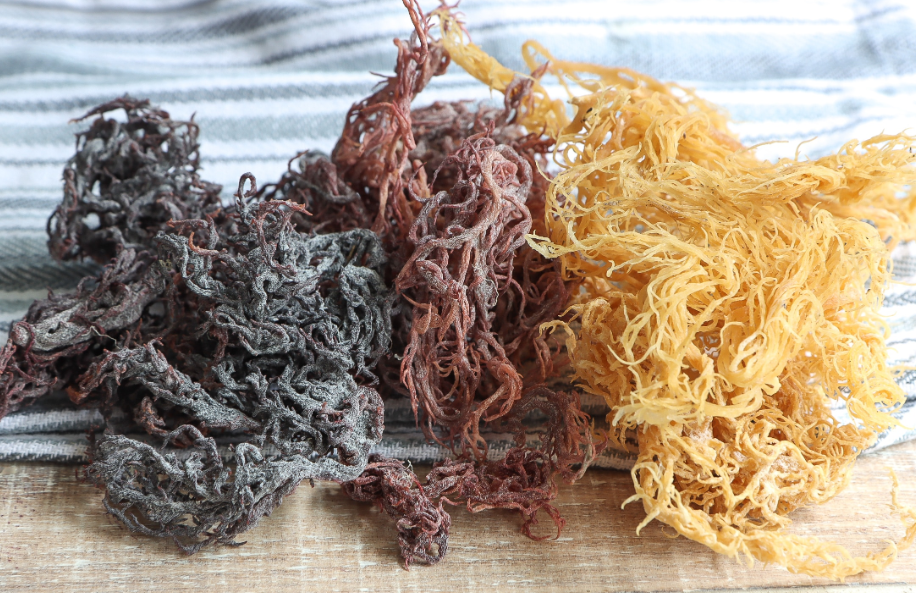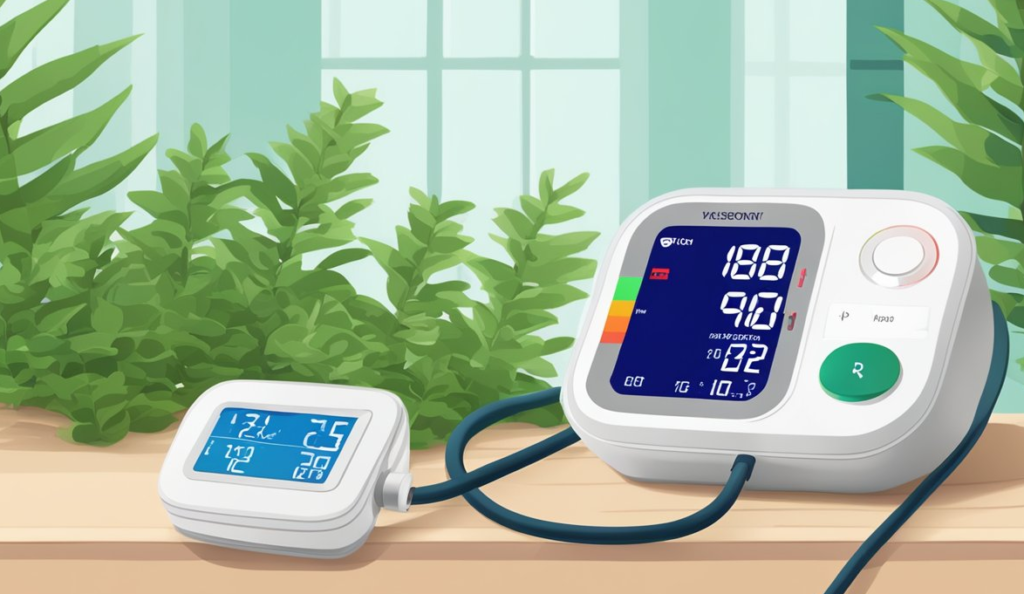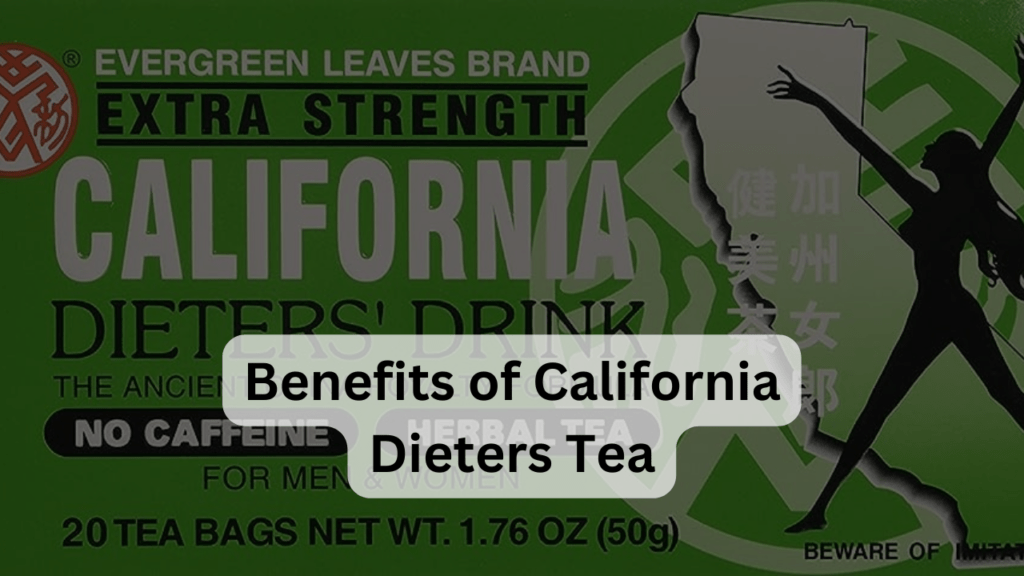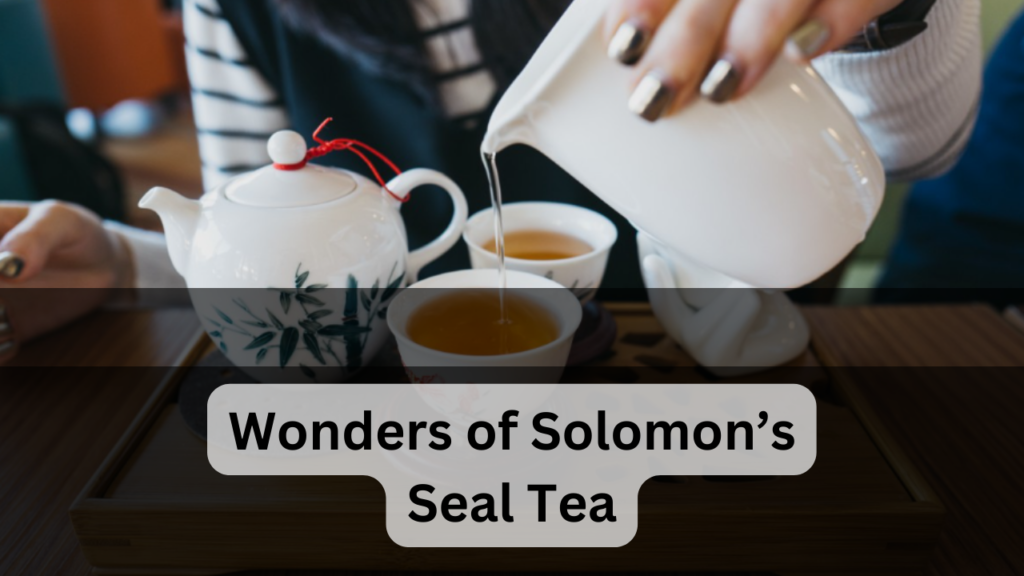Sea moss, the vibrant red algae lauded for its health benefits, has become a rising star in the wellness world. From boosting immunity to aiding digestion, its purported perks are vast. But for individuals managing high blood pressure and relying on medication, a crucial question arises: Does sea moss affect blood pressure medication?
This article delves into the potential interactions between sea moss and blood pressure medication, exploring the science, potential risks, and practical guidance for safe consumption.
Understanding Blood Pressure Medication
Before delving into sea moss, let’s establish the basics of blood pressure medication. These drugs work in various ways to lower blood pressure, including:
- Diuretics: Encourage the body to expel excess fluid, reducing blood volume and pressure.
- Beta-blockers: Block the action of adrenaline, which constricts blood vessels and increases heart rate.
- ACE inhibitors: Prevent the formation of angiotensin II, a hormone that constricts blood vessels.
- Angiotensin receptor blockers (ARBs): Block angiotensin II from binding to receptors, preventing blood vessel constriction.
Each type of medication works differently and has its potential side effects. It’s crucial to consult your doctor before taking any supplements or herbs, including sea moss, while on blood pressure medication.
Sea Moss and Its Potential Impact
Sea moss is rich in various minerals, including potassium, magnesium, and iodine. These minerals play essential roles in regulating blood pressure:
- Potassium: Helps balance sodium levels in the body, promoting blood vessel relaxation and lowering pressure.
- Magnesium: Promotes muscle relaxation and blood flow, potentially reducing blood pressure.
- Iodine: Supports thyroid function, which indirectly influences blood pressure regulation.

While these minerals offer potential blood pressure benefits, consuming excessive amounts can pose risks, particularly for individuals on medication:
- Potassium: High potassium levels can interact with certain diuretics and ACE inhibitors, potentially leading to dangerously high potassium levels (hyperkalemia).
- Iodine: Excessive iodine intake can interfere with thyroid function in individuals with thyroid conditions, potentially impacting blood pressure control.
Navigating the Potential Risks
The concern lies not with moderate sea moss consumption but with exceeding recommended daily intakes, especially for individuals on blood pressure medication. Here are some key considerations:
- Dosage: Stick to the recommended daily intake of sea moss, typically 1-2 tablespoons or 2-4 grams. Exceeding this amount can increase the risk of mineral overload.
- Form: Sea moss comes in various forms, including gels, powders, and capsules. Opt for natural, unprocessed forms like gels or powders to better control the dosage.
- Medication type: Consult your doctor about potential interactions between sea moss and your specific blood pressure medication. Certain medications might pose higher interaction risks.
- Monitoring: Monitor your blood pressure regularly and be mindful of any changes. If you experience any adverse effects after consuming sea moss, discontinue use and consult your doctor.
READ: Can You Take Collagen with High Blood Pressure Medication?
Sea Moss and Blood Pressure Management
While the potential for interactions exists, sea moss, consumed in moderation, may offer some benefits for blood pressure management:
- Mineral Support: The minerals above, potassium, magnesium, and iodine, can contribute to overall blood pressure control within healthy ranges.
- Antioxidant Power: Sea moss is rich in antioxidants, which combat free radicals that can damage blood vessels and contribute to hypertension.
- Anti-inflammatory Properties: Sea moss may have anti-inflammatory effects that can benefit blood pressure control by reducing inflammation in the blood vessels.
However, it’s crucial to remember that sea moss is not a substitute for blood pressure medication. It’s important to prioritize medication adherence and consult your doctor before incorporating sea moss into your diet.

Beyond Blood Pressure Interactions
While navigating the potential interaction between sea moss and blood pressure medication is crucial, this vibrant algae holds a treasure trove of other fascinating topics to explore. Let’s dive deeper into some key areas that expand the sea moss landscape:
Sea Moss and Digestive Delight
- Prebiotic Powerhouse: Sea moss is rich in soluble and insoluble fibers, acting as prebiotics that nourish beneficial gut bacteria. These bacteria help digest food, synthesize vitamins, and strengthen the intestinal barrier, promoting overall gut health.
- Gut Health and Beyond: A healthy gut microbiome plays a vital role in regulating inflammation, nutrient absorption, and even mood. Studies suggest improved gut health can positively impact blood pressure control through reduced inflammation and improved vascular function.
- Delicious Gut-Friendly Tips: Incorporate sea moss into your diet through smoothies, soups, or chia pudding. Soak raw sea moss overnight and blend it with fruits, vegetables, or yogurt for a gut-friendly breakfast. Alternatively, add a teaspoon of sea moss gel to sauces or dressings for a subtle nutritional boost.
Immune System Ally
- Antiviral and Antibacterial Shield: Sea moss contains natural compounds like carrageenan and fucoidan with antiviral and antibacterial properties. These may help fight off pathogens, reduce inflammation, and support immune system function.
- Indirect Blood Pressure Benefits: A strong immune system helps prevent infections and reduces inflammation, both of which can contribute to high blood pressure. Keeping your immune system strong may indirectly support healthy blood pressure levels.
- Immune-Boosting Sea Moss Strategies: Besides direct consumption, explore topical applications like sea moss gel masks or baths for potential skin-protective benefits. Consider trying sea moss tea with lemon and ginger for a warming and immune-supporting drink.
Understanding the Balancing Act
- Iodine’s Double-Edged Sword: Sea moss is a rich source of iodine, essential for thyroid function. However, excessive iodine intake can disrupt thyroid function, especially in individuals with pre-existing thyroid conditions.
- Consult Before You Consume: Discuss your thyroid health with your doctor before introducing sea moss into your diet. They can assess your iodine needs and advise on safe intake levels or suggest alternative sources of iodine if necessary.
- Striving for Iodine Balance: Opt for moderate and controlled consumption of sea moss to reap its benefits without exceeding the recommended daily iodine intake. Explore alternative iodine sources like dairy products, seafood, or iodized salt while managing thyroid concerns.
Diving into Ocean-Friendly Choices

- Popularity’s Price Tag: As sea moss gains popularity, concerns about overharvesting and its impact on ocean ecosystems arise. Responsible sourcing and sustainable practices are crucial to ensure long-term sea moss availability and healthy marine environments.
- Ocean-Conscious Sea Moss: Choose ethically sourced sea moss from reputable companies that employ sustainable harvesting methods and support ocean conservation initiatives. For assurance, look for certifications like MSC (Marine Stewardship Council) or ASC (Aquaculture Stewardship Council).
- Beyond Sea Moss: Advocate for ocean sustainability by supporting organizations dedicated to marine conservation and reducing your impact on the oceans through responsible seafood choices and plastic reduction.
READ: How to Get Rid of High Blood Pressure in Bitlife?
Culinary Delights and Unconventional Uses
- Culinary Creativity: Unleash your inner chef with sea moss! Its smooth, neutral flavor blends well with various ingredients. Make sea moss jelly with fruit juices, thicken soups and stews with sea moss gel, or add it to baked goods for a unique twist.
- Beyond the Plate: Sea moss’ versatility extends beyond food. Explore its use in natural skincare products like face masks or hand creams. Its thickening properties make it a valuable addition to natural hair gels or DIY cosmetics.
- Sea Moss Alchemy: Get experimental! Try making sea moss ice cream, vegan cheese spreads, or even sea moss pasta for a truly unique culinary experience. The possibilities are endless!

Does Sea Moss Affect Blood Pressure Medication?
While sea moss offers potential health benefits, its interaction with blood pressure medication requires caution. By understanding the potential risks, practicing moderation, and consulting your doctor, you can navigate sea moss consumption safely while managing your blood pressure effectively. Remember, prioritizing medication adherence and working with your healthcare professional is key for optimal blood pressure control.
Resources & References
- National Heart, Lung, and Blood Institute: https://www.nhlbi.nih.gov/health/high-blood-pressure
- Mayo Clinic: https://www.mayoclinic.org/healthy-lifestyle/nutrition-and-healthy-eating/in-depth/dash-diet/art-20048456
- WebMD: https://www.webmd.com/vitamins/ai/ingredientmono-1691/sea-moss
- National Center for Complementary and Integrative Health: https://www.ncbi.nlm.nih.gov/pmc/articles/PMC8232781/
Disclaimer: This article is for informational purposes only and should not be interpreted as medical advice. Please consult your doctor before making any changes to your diet or supplement routine, especially if you are taking blood pressure medication.
FAQs – Sea Moss & Blood Pressure
Can I safely take sea moss while on blood pressure medication?
While sea moss offers potential health benefits, exceeding recommended intakes can interact with certain blood pressure medications, like diuretics and ACE inhibitors, potentially leading to dangerously high potassium levels. Always consult your doctor before incorporating sea moss into your diet while on medication, and stick to moderate daily amounts (1-2 tablespoons or 2-4 grams).
Does sea moss help lower blood pressure?
Sea moss, consumed in moderation, may offer some indirect benefits for blood pressure control due to its mineral content:
- Potassium: Helps balance sodium, promoting blood vessel relaxation and potentially lowering pressure.
- Magnesium: Promotes muscle relaxation and blood flow, which may benefit pressure control.
- Iodine: Supports thyroid function, which can indirectly influence blood pressure regulation.
However, it’s essential to remember that sea moss is not a substitute for blood pressure medication, and prioritizing medication adherence is crucial.
What are the risks of consuming too much sea moss while on blood pressure medication?
Excessive intake can lead to:
- Hyperkalemia: High potassium levels cause muscle weakness, tingling, and irregular heartbeat, especially in individuals on certain medications.
- Thyroid disruption: Overdoing iodine may interfere with thyroid function in individuals with pre-existing thyroid conditions, impacting blood pressure control.
Always practice moderation and monitor your blood pressure regularly.
What form of sea moss is safest for blood pressure management?
Opt for natural, unprocessed forms like gels or powders to control dosage better than capsules or pre-mixed products. This allows you to measure your intake accurately and avoid exceeding recommended amounts.
Should I stop taking my blood pressure medication to try sea moss?
Not! Prioritizing medication adherence is crucial for managing blood pressure effectively. Sea moss, at best, offers potential additional support within healthy ranges and should never be seen as a replacement for prescribed medication.
Are there any alternatives to sea moss that offer similar benefits for blood pressure?
Maintaining a healthy lifestyle through diet, exercise, and stress management plays a key role in controlling blood pressure. Include potassium-rich foods like bananas and leafy greens, opt for magnesium-rich nuts and seeds, and prioritize regular physical activity. Consult your doctor about other dietary or lifestyle modifications that may benefit your specific situation.


